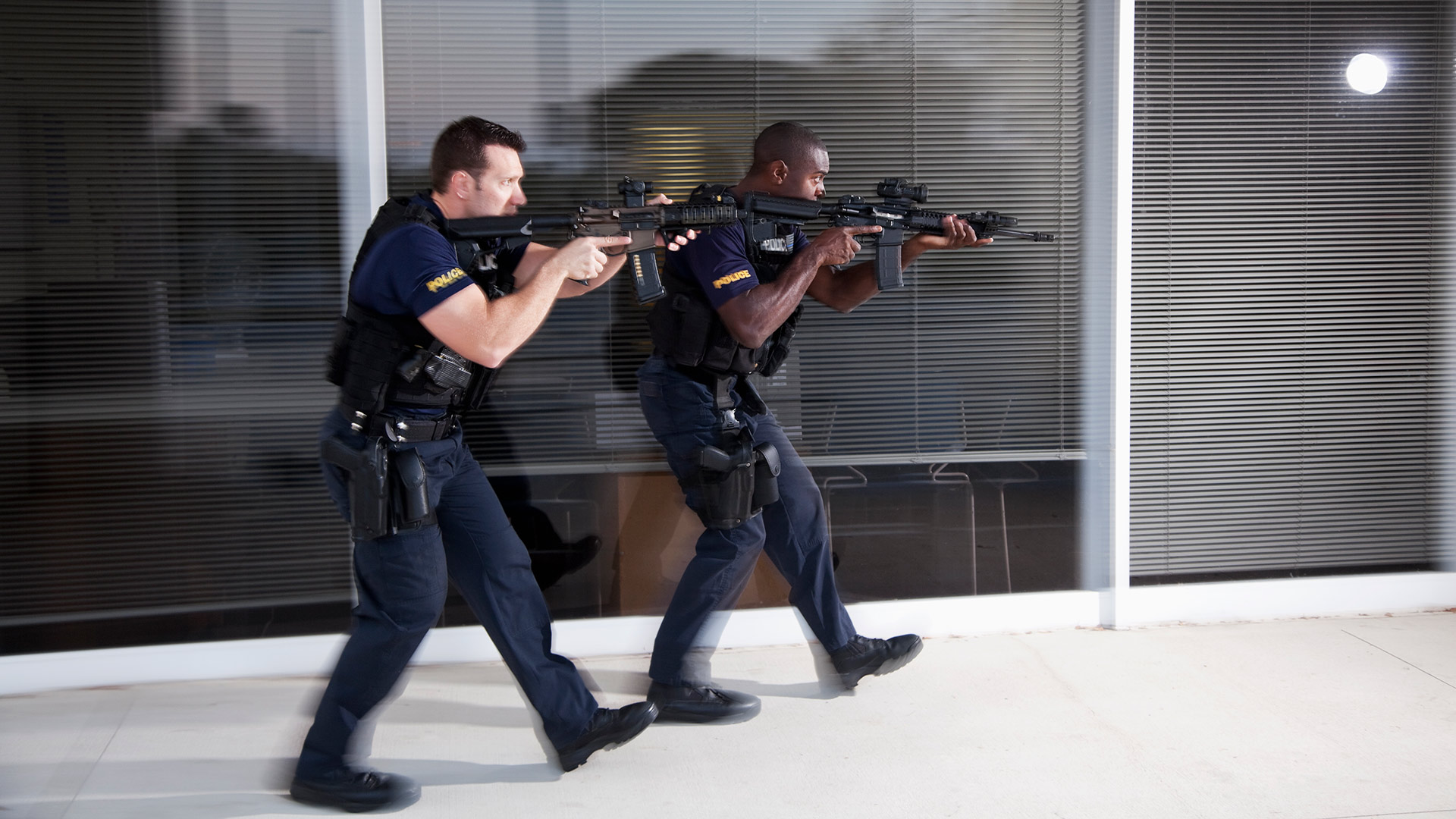
It seems law enforcement activities are under more scrutiny than ever before. Individual officers and supervisors are often forced to explain why they made certain decisions.
Other public safety professionals who make tough decisions, such as paramedics and hazardous materials technicians, rely heavily on the sciences of anatomy and chemistry, respectively, to guide their decision-making. What science do we as law enforcement officers rely on? If you were being questioned by a grand jury about your decisions during a critical incident response, what science can you cite as the foundational rationale for why you did what you did?
According to Sid Heal, author of such renowned texts as Field Command and Sound Doctrine: A Tactical Primer, tactical science is “the systematized body of knowledge covering the principles and doctrines associated with tactical operations or emergency responses and reconciling scientific knowledge with practical ends.”[1]Charles “Sid” Heal, Field Command (New York: Lantern Books, 2012), 11.
Whether we give it a formal name like “tactical science” or not, the study and application of principles such as “defining the commander’s intent” and “outmaneuvering a suspect” are keys to success. Tactical science is not lofty academic theory, but rather well-established and sound principles to help guide our decision-making.
Consider an incident commander leading an operation to apprehend a dangerous suspect who has fled into the neighborhood. His decision-making may have a range of consequences, such as allowing the suspect to escape and therefore endangering the public, inconveniencing citizens by closing streets and even causing overtime expenditures as he brings in additional resources. How does he decide what to do, and can he later justify his decisions? If the incident commander is well versed in tactical science and makes decisions based on sound principles, he has a general idea of how fast a suspect will run and how to employ an envelopment tactic to catch him. He knows how to most efficiently employ his personnel so his impact on the public and overtime cost is only that which is necessary to achieve his well-thought-out mission. He clearly defines his “commander’s intent” to his personnel, who quickly implement his plan and apprehend the suspect. If asked to explain his decisions, he can point back to current tactical science books and training courses as the basis for those decisions.[2]Does this make what the incident commander did “evidence-based”? No, because there is little research to validate what would more accurately be described as “best practices” and … Continue reading
Understanding tactical science or becoming a tactician isn’t just for those assigned to SWAT teams. Anyone who may find themselves being an incident commander or “officer in charge” of a critical incident response can benefit from a basic understanding. That understanding doesn’t automatically come with being promoted or having time on the job. Instead, it comes with years of experience in the field and seeking out the proper education and training.
As seen in the August 2023 issue of American Police Beat magazine.
Don’t miss out on another issue today! Click below:
References





